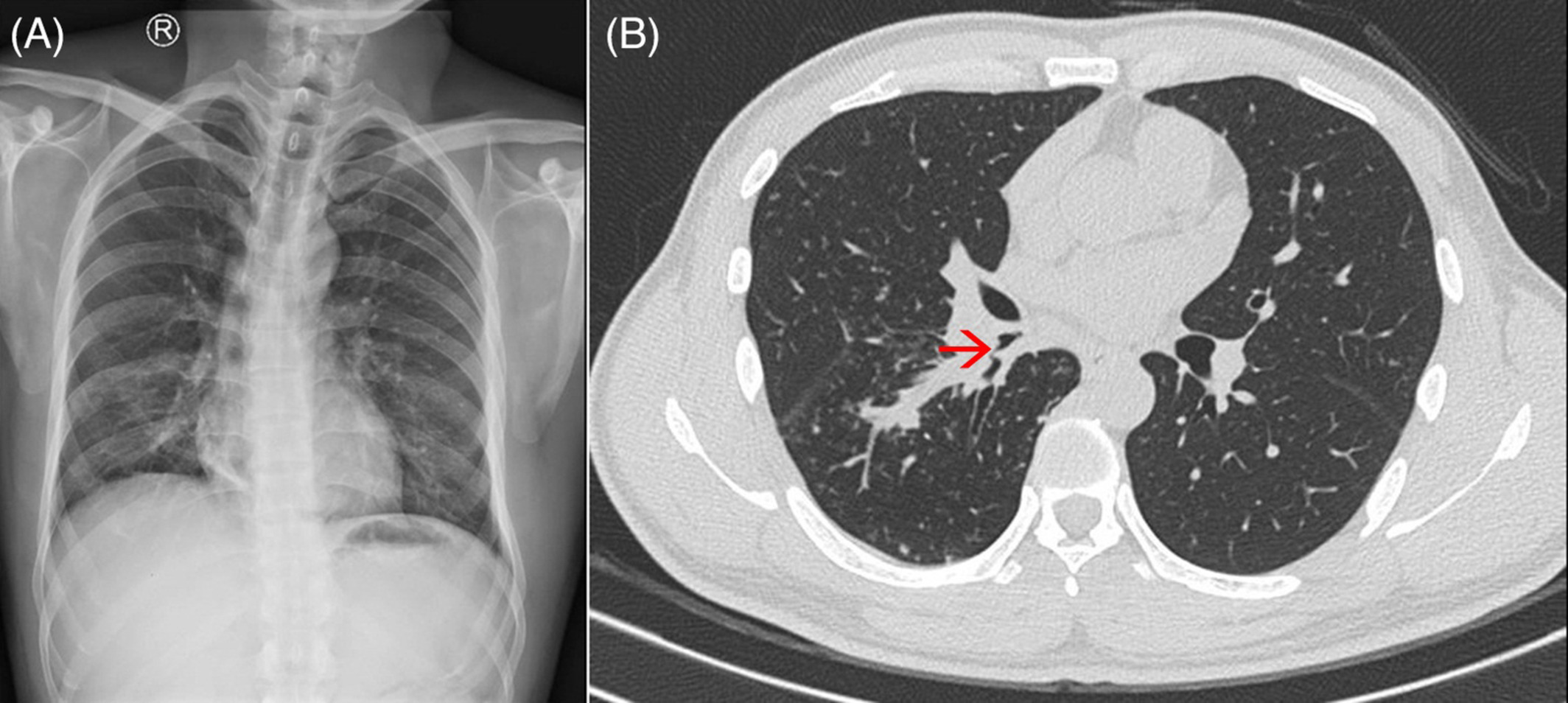
Understanding the Link Between Asthma, Allergies, and Tuberculosis in the Chest
The chest, a complex and vital part of the respiratory system, can be affected by various conditions, including asthma, allergies, and tuberculosis (TB). Understanding the relationships between these ailments is crucial for effective management and treatment.
In this comprehensive blog, we delve into the link between asthma, allergies, and TB in the chest, addressing common questions and shedding light on the intricate interplay of these respiratory issues.
Exploring the Relationship Bеtwееn Asthma and Tubеrculosis: Origins, Risks, and Potеntial Complications.
Different Origins:
Asthma and tuberculosis have distinct origins. Asthma is a chronic inflammatory condition of the airways, while tuberculosis is caused by Mycobacterium tuberculosis infection. However, individuals with asthma may be at a higher risk for respiratory infections, including TB, due to compromised lung function.
Potential Complications:
Asthma does not directly cause TB, but the inflammation and compromised lung function associated with asthma may create an environment conducive to respiratory infections. Individuals with poorly controlled asthma may face an increased risk of developing complications if exposed to TB.
Is Asthma Related to Chest Infection?
Increased Susceptibility:
Asthma is not inherently a chest infection, but individuals with asthma may be more susceptible to respiratory infections, including those affecting the chest. The inflammation and narrowed airways in asthma can make it easier for infections to take hold and cause chest-related symptoms.
Symptom Overlap:
The symptoms of a chest infection, such as coughing, wheezing, and shortness of breath, may overlap with asthma symptoms. This can complicate diagnosis, emphasising the importance of accurate medical assessment to distinguish between asthma and chest infections.
Exploring the Link Between Asthma and Lung Function: Undеrstanding thе Rеlationship
Airway Inflammation:
Asthma primarily affects the airways in the lungs. In individuals with asthma, the airways become inflamed, leading to increased sensitivity and narrowing of the passages. This inflammation can result in symptoms such as coughing, wheezing, and difficulty breathing.
Bronchoconstriction:
One hallmark of asthma is bronchoconstriction, where the muscles around the airways tighten, further narrowing the passages. This constriction makes it challenging for air to flow in and out of the lungs, contributing to respiratory symptoms.
Hyperreactivity:
Asthma is characterised by airway hyperreactivity, meaning the airways are more responsive to triggers, leading to exaggerated responses like bronchoconstriction. This heightened reactivity can be managed through medication and trigger avoidance.
Examining thе Impact of Asthma on the Chest: Understanding the Effects on Rеspiratory Hеalth.
Wheezing and Noisy Breathing:
Asthma often manifests with wheezing, a whistling or hissing sound produced during breathing. This noise is a result of air passing through narrowed airways and is a key indicator of asthma affecting the chest.
Coughing Spells:
Asthma-related coughing is another common chest symptom. Coughing may be persistent and worsen, particularly at night or in response to triggers such as allergens or irritants.
Shortness of Breath:
Difficulty breathing, or shortness of breath, is a hallmark chest symptom of asthma. This occurs as a consequence of bronchoconstriction and airway inflammation, limiting the amount of air that can enter the lungs.
Chest Tightness:
Many individuals with asthma experience chest tightness, a sensation of constriction or pressure in the chest. This tightness can accompany other symptoms and may vary in intensity.
Chest Specialist in Calicut:
For individuals in Calicut seeking specialised care for chest-related concerns, consulting a chest specialist is essential. A chest specialist, also known as a pulmonologist, is a medical professional specialising in the diagnosis and treatment of respiratory conditions, including asthma, allergies, and tuberculosis.
Conclusion:
Understanding the intricate relationship between asthma, allergies, and tuberculosis in the chest is crucial for effective management and treatment. While asthma and TB have different origins, individuals with asthma may face an increased risk of respiratory infections. Chest infections and asthma can share overlapping symptoms, highlighting the importance of accurate diagnosis by a qualified chest specialist. For residents in Calicut, consulting with a chest specialist in Calicut ensures access to specialised care for respiratory issues, promoting optimal lung health and overall well-being. By addressing these conditions promptly and comprehensively, individuals can navigate the complexities of chest-related concerns and work towards a healthier respiratory system.


















